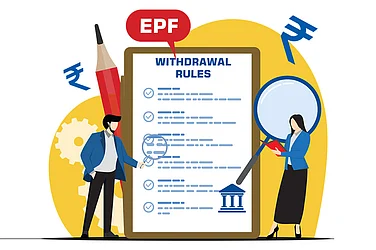The ‘material change’ clause in health insurance policies has recently become a source of confusion among policyholders. The provision says that individuals should inform insurers of any significant developments regarding health conditions or any new illnesses after purchasing the policy. Many policyholders fear that such a disclosure will automatically mean a hike in premiums or a reduction in coverage.
However, a recent clarification from general insurer ICICI Lombard and regulatory guidelines by the Insurance Regulatory Development Authority of India (Irdai) state that such fears may be largely unfounded, as the material clause cannot be used to penalise policyholders for developing a health condition.
What Does It Entail?
The clause requires that policyholders inform insurers of significant health changes (such as a new illness or condition) after they have purchased the policy, especially at the time of renewal.
However, regulatory guidelines bar insurers from selectively raising premiums or curtailing coverage based on such disclosures.
Insurers like ICICI Lombard have confirmed that no fresh underwriting or health-based loading will take place at the time of renewal, based on any such disclosures of health changes, like the development of a new disease.
An insurer is only permitted to underwrite the policy again if the policyholder wants to increase the sum insured.
Will Premiums Go Up?
Irdai guidelines strictly prohibit against the misuse of the clause to individually punish policyholders who develop a new disease after purchasing a policy.
Developing a new health condition is not a legal basis for an insurer to raise an individual’s premium or deny renewing the policy.
Any changes to the policy premium must follow the Irdai Product Management Committee process.
Premium changes, if any, must be applied uniformly across all policyholders of a specific product.
Selective hikes based on individual health conditions or claim history are not allowed.
Why Is The Clause There?
Insurers claim that it is vital to understand that the material change clause’s fundamental purpose is to reward good health behaviour and not to penalise due to a new health condition or illlness.
The clause cannot impose penalties on existing policyholders if they develop a new disease, according to Irdai rules, which also mandates lifetime renewability unless there’s a change in the sum insured or addition of a feature.
Its purpose is to facilitate wellness benefits, such as free health check-ups, removal of existing loadings or other policy adjustments that reward a policyholder’s healthy lifestyle.
In fact, in cases where the insured’s health improves, the premiums may be lowered.














